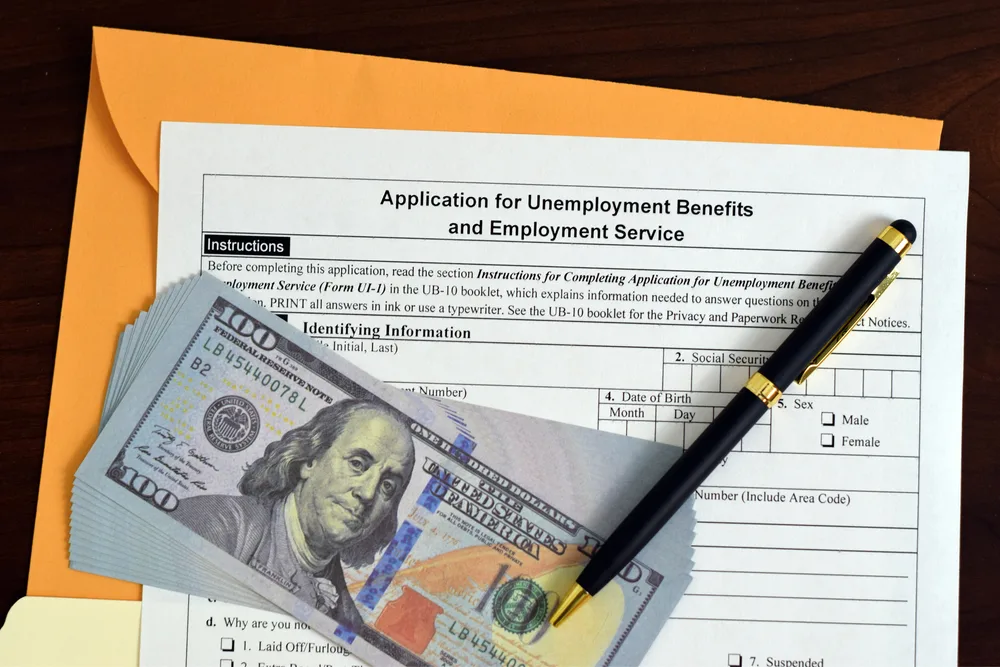
Your credit score is one of the most important factors in determining your financial future. It determines how much interest you’ll pay, if and when you’ll be able to buy a car or get a home loan, and even whether you’re qualified to rent an apartment.
Since it can dramatically impact your financial future, knowing your credit score is imperative.
In this article, we’ll review how you can check your credit score in minutes without any financial services. Whether you are a new credit card user, or if your credit history is not that great, it helps to know your credit score.
Having a good credit score can go a long way in helping you secure loans and credit cards. We will explain how getting your credit score works and what you can do to improve it. But first, let’s understand what affects your credit score…
What affects your credit score?
This is a complex question that can’t be fully answered without knowing more about your credit score, but we can give you a high-level overview of how the different factors can affect your score.
Understanding how your credit score works can go a long way in helping you to improve your score and make informed decisions about your finances.
Some of the factors that affect your credit score include:
- How long you’ve had credit accounts
- How much debt you currently have
- How many open lines of credit you have
- How often you make on-time payments
Types of Scores
- Credit Utilization: This score will show how you use your credit. Your utilization percentage is how much of your available credit is used.
- Credit Amount: This will show how much you owe on all your accounts. This includes all interest and fees, as well as the amount you owe.
- Credit Length: This is how long your credit has been open and active. The longer the credit, the more you can generally borrow.
Check Your Credit Score From Official Sources
It’s important to understand the credit score formula in order to make an informed decision about your credit score. There are a few credit bureaus that will provide you with your credit score. You can buy your score from any of the three major bureaus:
- Experian
- Equifax
- Transunion
Be sure to check your credit report at least once a year (or more often if you notice errors). This report is where credit bureaus keep track of your entire credit history, including all your accounts.
How to Check Your Credit Score for Free
You can check your credit score from any major credit reporting source, including your credit report from the bureaus. But there are other places to go to pull your score.
If you’re willing to put in the legwork, you can find a couple of websites that will let you pull your report for free. You’ll search for the report in order to find out your credit score. Once you log in, click on the “Credit Score” tab and you’ll see your credit score appear on the screen.
Improving Your Score
Now that you know how to get your credit score for free, it’s time to get serious about improving your score. The more time you spend researching how to improve your credit score, the faster it can improve.
For example, most experts recommend asking for higher credit limits, paying down high interest accounts, and paying your bills on time every month.
We recommend spending time reading articles on websites like Credit Sesame, which have great tips and advice to help you get your credit score. As you read, take notes on what you read. Start to make a plan of action that you can follow each week to improve your credit score.
Final Words: Should You Need To Check Your FICO or Vantage Scores?
As you can see, getting your credit score doesn’t have to be time consuming. You can even do it from your phone. However, there are a few factors to consider before pulling your score. In general, you may want to pull your FICO score and Vantage score.
Your FICO score is what most lenders use to determine your creditworthiness. It is the single most important factor in determining your credit score. Your Vantage score is a newer score that is based on data from your Experian credit report. It is also a factor in your credit score and can help lenders determine your creditworthiness.



